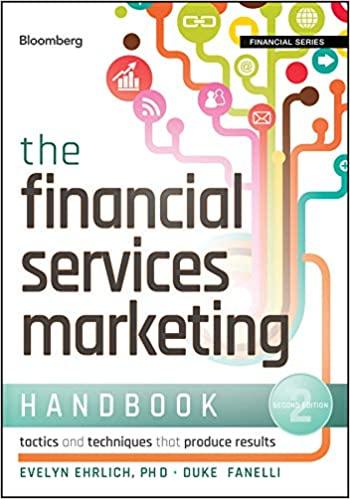
43. On graduating from college, Steven MacLean joined the financial analysis section of a large Canadian industrial concern, Ontario Corporation. Soon after, MacLean was assigned to help in the financial analysis of a proposed acquisition by Ontario of a firm in a business unlike any of Ontario's traditional businesses. After a month of searching. MacLean had assembled the following additional information: a. TARGET FIRM Balance Sheet at 12/31/XX (000s) Cash.. $ 150 Current liabilities... $ 150 Accounts receivable.. 400 Inventory... 600 Long-term debt..... 750 Net capital assets. 2.100 Equity. 2,350 Total.. $3,250 $3,250 b. Target Firm's sales for 20XX had been $3.5 million, and because it was operating at full capacity, it looked as Page 479 if all classes of assets would increase at a pace directly proportional to any increase in sales. c. The interest rate on Target's long-term debt was 12.5 percent with annual interest payments being made at the end of each year. d MacLean recommended the long-term debt be maintained after the acquisition e. At the end of 20XX. Target had two million shares outstanding, which had traded recently at prices around $1.50 per share. f. The following estimates of sales and earnings before interest and taxes were the most reliable MacLean had come across: Year Annual Sales (millions) Annual EBIT 1 $3.7 $650,000 2 4.0 700.000 3 4.1 720,000 4.2 720,000 5 4.0 690,000 6-10 4.3 700,000 4 In arriving at EBIT, amortization expenses of $140.000 per year had been deducted. g. Expenditures on capital assets would be necessary to allow for growth and to replace worn-out equipment. MacLean estimated that $200,000 per year would be required in years 1-5, with $80,000 per year thereafter. h. The income tax rate for both firms was expected to remain at 30 percent. i Ontario Corporation used 13 percent as its cost of equity and had a weighted average cost of capital of 11 percent. Compute the price MacLean should recommend that Ontario Corporation offer to pay for each of Target Firm's shares. 43. On graduating from college, Steven MacLean joined the financial analysis section of a large Canadian industrial concern, Ontario Corporation. Soon after, MacLean was assigned to help in the financial analysis of a proposed acquisition by Ontario of a firm in a business unlike any of Ontario's traditional businesses. After a month of searching. MacLean had assembled the following additional information: a. TARGET FIRM Balance Sheet at 12/31/XX (000s) Cash.. $ 150 Current liabilities... $ 150 Accounts receivable.. 400 Inventory... 600 Long-term debt..... 750 Net capital assets. 2.100 Equity. 2,350 Total.. $3,250 $3,250 b. Target Firm's sales for 20XX had been $3.5 million, and because it was operating at full capacity, it looked as Page 479 if all classes of assets would increase at a pace directly proportional to any increase in sales. c. The interest rate on Target's long-term debt was 12.5 percent with annual interest payments being made at the end of each year. d MacLean recommended the long-term debt be maintained after the acquisition e. At the end of 20XX. Target had two million shares outstanding, which had traded recently at prices around $1.50 per share. f. The following estimates of sales and earnings before interest and taxes were the most reliable MacLean had come across: Year Annual Sales (millions) Annual EBIT 1 $3.7 $650,000 2 4.0 700.000 3 4.1 720,000 4.2 720,000 5 4.0 690,000 6-10 4.3 700,000 4 In arriving at EBIT, amortization expenses of $140.000 per year had been deducted. g. Expenditures on capital assets would be necessary to allow for growth and to replace worn-out equipment. MacLean estimated that $200,000 per year would be required in years 1-5, with $80,000 per year thereafter. h. The income tax rate for both firms was expected to remain at 30 percent. i Ontario Corporation used 13 percent as its cost of equity and had a weighted average cost of capital of 11 percent. Compute the price MacLean should recommend that Ontario Corporation offer to pay for each of Target Firm's shares







